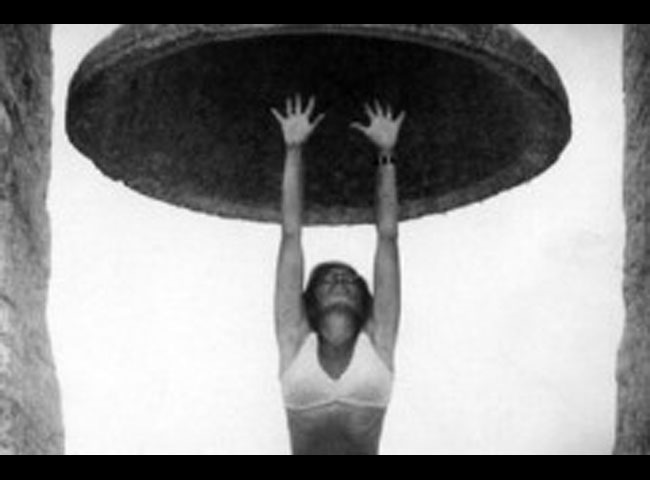Flashback
-
Réalisé par Herz Frank • Écrit par Herz Frank
-
Lettonie • 2002 • 105 minutes • Couleur et Noir & Blanc
- Réalisation :
Herz Frank - Écriture :
Herz Frank - Image :
Viktors Gribermans - Son :
Aivars Riekstins - Montage :
Sergei Usanov - Musique originale :
Janis Lusens
- Production (structure) :
Kaupo Filma - Coproduction :
Studio EFEF - Ayant droit :
Kaupo Filma
- N° ISAN :
non renseigné
Résumé
"Flashback" est né du court métrage "Dix minutes de vie" dans lequel Herz Frank filme le visage d’un enfant pendant un spectacle de marionnettes : une suite d’émotions à l’état pur. Vingt ans plus tard, il veut retrouver ce garçon et voir ce que le temps et les événements ont fait de ce visage. Il découvre une mine figée, un visage inaccessible, froid… “Pour la première fois en quarante ans de documentaires, j’ai soudain senti que j’étais fatigué de la vie des autres. Quelque chose était cassé en moi.” Alors Herz Frank retourne la caméra vers lui-même. Ses films, sa famille, sa vie, sa femme, avant-hier, hier et aujourd’hui, il imbrique tout dans un récit d’une maestria profonde, où la complexité est tellement maîtrisée que tout coule avec simplicité.
The Latvian director Herz Frank has numerous films to his credit and received many awards when he decides to make a sequel to 10 MINUTES OLDER from 1978. All we see in this short film is the face of a small boy watching a puppet show. It is a beautiful display; in ten minutes’ time, the spectator sees a world of human emotions pass by. ’20 years older’, Frank wants to call the sequel and for shooting it he visits the boy from the 1978 film. But suddenly, different circumstances cause the filmmaker to land in a personal crisis. He asks himself what is the value of making documentaries, the repeated recording of other people’s lives. And he decides to focus on his own life for a change. In this profoundly personal film, which is the reflection of his confusion and meditations of this period, Frank takes the spectator along on a subjective journey, criss-cross through his past and present. We see images from the past: photos of his father, who imparted the love of photography to him. We hear the gruesome stories about his family, the larger part of whom was killed during World War II, and we see the circumcision of his grandson. The scenes with his wife Ira, who is ill and eventually dies, are very sad. All these memories and images make him realise that all his work orbits around a single: a man can know himself only at a fatal margin
Mot(s)-clé(s) thématique(s)
Sélections et distinctions
- 2006 • Images en bibliothèques • Paris (France) • Film soutenu par la Commission nationale de sélection des médiathèques
- 2002 • IDFA - International Documentary Festival Amsterdam • Amsterdam (Pays-Bas) • Sélection

